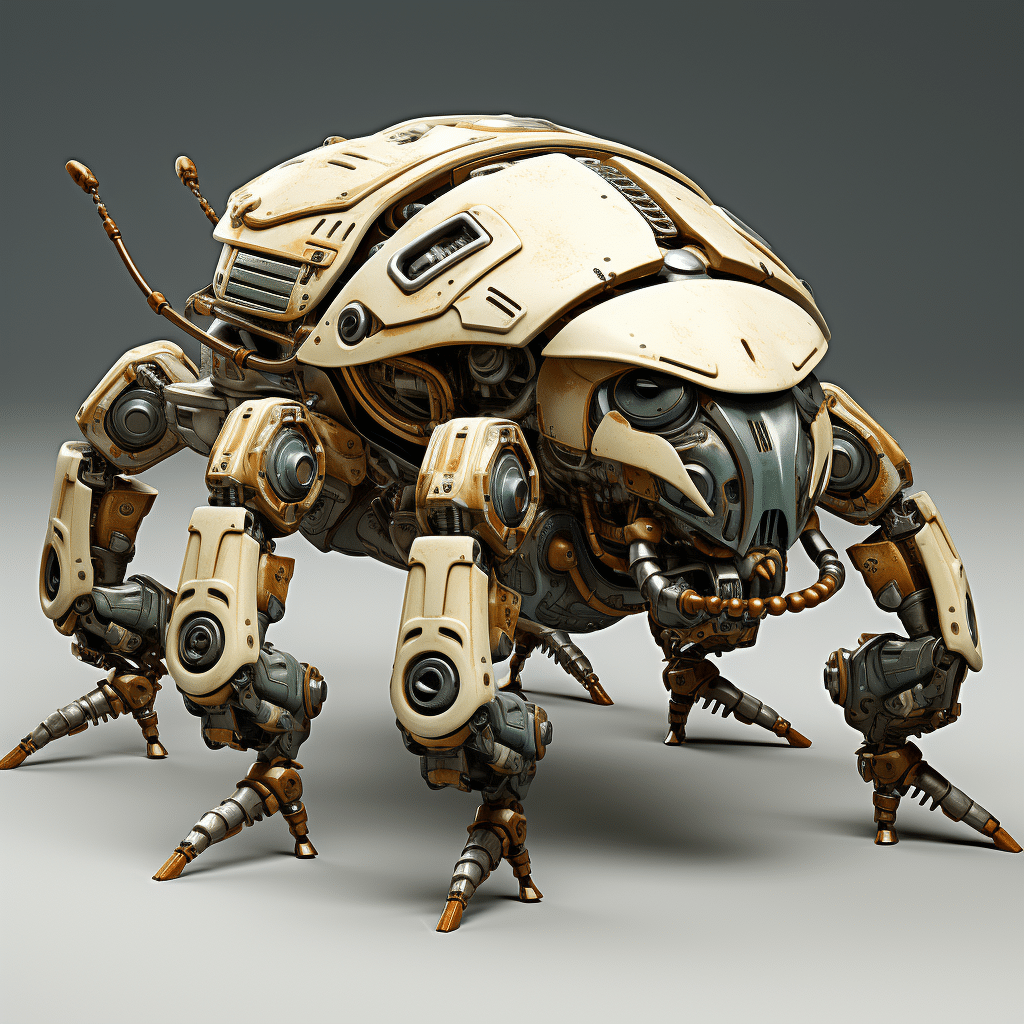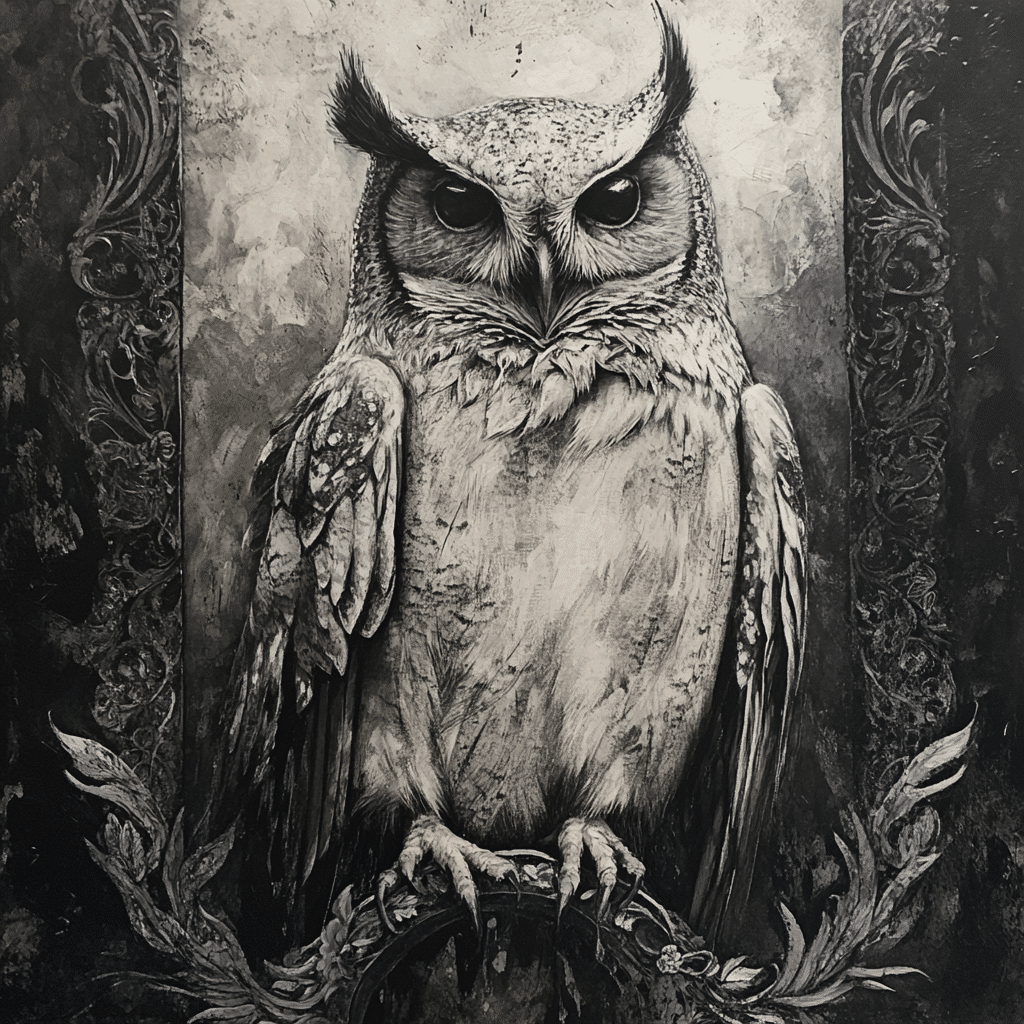The Astonishing World of the Beetle Rhino: A Primer
Step right up, folks, and wrap your head around the marvel of nature known as the beetle rhino. Trust me, this isn’t your average creepy-crawly from the backyard. Officially stamped as the rhinoceros beetle, these critters belong to the mighty Dynastinae subfamily and boast some seriously impressive headgear that would make a unicorn jealous. Hitching a ride on the scarab beetle family tree, the beetle rhino’s lifecycle is a sensation that keeps scientists and bug lovers buzzing with excitement.
Fact #1: Herculean Strength of the Beetle Rhino
Alright, brace yourself for some gym-inspo courtesy of nature’s own bodybuilder: the beetle rhino. This tiny titan punches way above its weight class, lifting stuff over 850 times its own body weight – that’s like a human hoisting four double-decker buses loaded with chatty tourists. Eyes popping? They should be! Researchers have been digging into the secrets behind this Herculean strength, mapping out their muscles and ticking off the biomechanics. The data we’ve unearthed is nothing short of jaw-dropping.

| Aspect | Details |
| Scientific Name | Dynastinae (Subfamily) |
| Common Name | Rhino Beetles |
| Strength | Can lift up to 850 times their own body weight |
| Human Equivalent | Comparable to an average human lifting four double-decker buses filled with passengers |
| Behavior | Adult beetles are non-aggressive and harmless to humans |
| Adult Appearance | Possess horns; look fearsome but are not dangerous |
| Biting & Poison | Do not bite or possess venom; mouthparts used for feeding are too small to harm humans |
| Adult Interaction | Safe to handle with washed hands to protect the beetle |
| Habitat | Varied; found in mainland Europe, Scandinavia, parts of Asia, and North Africa |
| Conservation Status | In some regions, they are rare and legally protected |
| Larvae Behavior | Can sometimes pinch but generally not harmful |
| Handling Precaution | Advisable to wash hands before and after to avoid harming the beetle or oneself |
Fact #2: The Mysterious Nocturnal Lifestyle
When the sun clocks out, the beetle rhino clocks in, flitting about under the moon’s glow. These critters are full-fledged members of the night owl club, and their twilight-shrouded activities have had science scratching its collective head. They’ve got home decor preferences that’d make any Airbnb lister take notes, and they’re slicker than balenciaga Croc Boots when it comes to navigating the dark. But why do they prefer the nightshift, and what’s the deal with their dedication to the dark arts of the ecosystem? Time to shine a light on these moonlit mysteries.
Fact #3: The Longevity Phenomenon
Next up in our freaky fact file is the beetle rhino’s secret to a long life. These little legends can stick around much longer than your garden variety bugs, clocking in more birthdays and basically scoffing at the concept of insect expiration dates. The question on everyone’s lips: how come? We’re peeling back the layers on their genetic and environmental factors, checking out theories, and laying out the longevity lowdown that makes other insects green with envy.

Fact #4: The Communication Conundrum
Buckle up; it’s time to talk about beetle rhino chat rooms. Forget your Twitter tweets and WhatsApp messages; these creatures are networking on another level. Using a high-tech blend of pheromones and super-secret vibrations, rhino beetles are gossiping up a storm, and scientists are all ears on their convo-waves. The way these critters communicate might even outpace Joe Biden’s AI voice for cool factor. We’re diving deep into their social networks, decoding bug buzzes, and mapping out their intricate insect socialite spheres.
Fact #5: The Role in Ecosystems and Human Culture
The beetle rhino isn’t just a solo artist; it’s part of an ensemble that keeps Mother Nature’s tunes flowing. Decomposition? Soil health? Check and check. These dynamos have buddy status in the ecological network. But hold onto your hats because they’ve also stamped their mark on human history and hearts worldwide. Their emblematic swagger has bred legends, landed starring roles in medicinal cabinets, and even entered the ring in insect fights. From symbols of power to entertainment powerhouses, humans and rhino beetles have a tale or two to share over a cup of black fox coffee.
The Beetle Rhino in the Spotlight: Conservation Efforts
Conservation chatter about the beetle rhino is heating up. Serving as canaries in the ecological coal mine, their well-being mirrors the state of our big blue marble. Conservationists are now playing matchmaker with breeding programs and shielding homes for these natural wonders. It’s not just about keeping a species kicking; it’s about sending a ripple of health through the entire environmental tapestry. So brush up on the latest save-the-date events for beetle rhinos and be part of the preservation party!
Conclusion: The Living Legend of the Beetle Rhino
Folks, we’ve come full circle in our beetle rhino blowout. These living legends are showstoppers in the grand carnival of natural wonder; their strength would make a bodybuilder weep, their nightlife could inspire Angie Tribeca scripts, and their lifeline outlasts expectations. Our tour of their world unpacks a treasure trove of insights that leave lab coats fluttering in delight and the rest of us marveling at evolution’s handiwork. Recognizing their importance in the web of life and respecting their hallowed ground in human cultures isn’t just science—it’s a celebration of our never-ending journey of discovery. Let’s tip our hats to the beetle rhino, not just in our articles but in the way we walk through this world, forever changed by the lore of this miniature marvel.
The Buzz About Beetle Rhino
Hold onto your antennae, bug enthusiasts! We’re digging into the world of the magnificent beetle rhino today. These little critters may not have the same star power as, let’s say, Maddox Jolie-pitt, but they sure pack a punch in the insect kingdom. So, buckle up as we voyage through five insane facts that’ll have you buzzin’ with excitement!
Horns Up for the Heavyweights
Ever peeked inside a city apartment and marveled at how much folks cram into such tiny spaces? Just like finding a spacious spot to chill in an Airbnb in NYC, beetle rhinos are pros at making the most of their compact size. These beetles sport a massive horn that’s like their very own multi-tool – it’s for digging, fighting, and wooing the beetle babes. It’s like cramming the strength of a hefty SUV into a mini-cooper – totally bonkers!
Sound the Trumpets
Holy moly, talk about a voice that carries! While we might get a kick out of a Joe Biden ai voice, beetle rhinos have their own impressive sound systems. Males create sound vibrations to communicate, which might seem low-tech compared to AI, but it’s super-efficient for chatting up their pals or scaring off rivals. Can you imagine if they had AI, though? Beetle rhinos going,C’mon man, this is my leaf! in perfect politician imitation.
Love Is In The Air (Literally)
You thought Valentine’s Day memes were the pinnacle of romance? Wait till you hear about beetle rhino courting – it’s love on the wing! These beetles don’t just settle for any partner; they participate in mid-air jousts worthy of a medieval tournament. The winner gets the girl, and they probably wish they had meme-worthy banners to celebrate their victory. Talk about flying high on love!
Big Appetite for Decomposition
Beetle rhinos are like nature’s cleanup crew. They have a hankering for decomposing plant material, which they recycle back into the ecosystem. So, next time you’re chucking out the compost, think of these critters as your mini waste managers. Thank goodness they aren’t picky eaters, right?
Long Live the Beetle King
Well, here’s a kicker – these minuscule monarchs have quite the lifespan for bugs. Some lucky beetle rhinos can toot their horns for up to several years! While they might not have lifespans like ours, they’re practically ancient in bug years. They could tell tales of bygone eras in the garden… if, you know, they could actually speak.
There you have it – five mind-boggling facts about the beetle rhino that’ll have you seeing these little creatures in a whole new light. Next time you spot one, tip your hat to the tiny king of the compost heap and give a little whistle in appreciation. Who knows, it might just whistle back with a Joe Biden-esque “No malarkey!”

How powerful is a rhino beetle?
Oh boy, you wouldn’t believe it, but a rhino beetle is ridiculously strong! These tiny titans can lift over 800 times their body weight. Talk about a bug with brawn!
Are rhino beetles poisonous?
Nope, rhino beetles aren’t poisonous. They might look like they mean business with that horn, but they’re more bark than bite in that department.
Is a rhino beetle rare?
Rhino beetles aren’t exactly the unicorns of the bug world, but they’re not as common as ants at a picnic either. Depending on where you are, spotting one could be a rare treat!
Are rhino beetles harmless?
Are rhino beetles harmless? Well, they’re about as harmless as a kitten playing with yarn. They might look intimidating, but these beetles don’t go around picking fights.
What happens if a rhino beetle bites you?
What happens if a rhino beetle bites you? Honestly? Not much. It’s more of a nip than a bite—more pride-hurting than anything else!
What is the strongest insect on the planet?
When it comes to pure muscle, the dung beetle takes the crown as the strongest insect. These little guys can pull over 1,000 times their own body weight. Now that’s heavy lifting!
Why are rhino beetles bad?
Sure, with a name like ‘rhino,’ you might expect trouble. But these beetles are only ‘bad’ in certain contexts, like when they munch on crops. For the most part, they’re just misunderstood.
Can a rhino beetle fly?
Yes siree, rhino beetles can fly! They’re not winning any awards for grace, but when those wings come out, it’s time to take to the skies!
What kills rhino beetles?
What kills rhino beetles? Well, like any creature, they’ve got their foes. Parasites, fungi, and predators are the usual culprits, plus a shoe if they’re unlucky enough to bug a human.
Can you have a rhino beetle as a pet?
Can you have a rhino beetle as a pet? You betcha! People keep them all the time. They’re low maintenance and, let’s face it, kinda cool.
Can Hercules beetles bite?
Don’t worry, Hercules beetles might brandish those big horns, but they won’t bite humans. They’re lovers, not fighters—fighting’s reserved for impressing the lady beetles.
How long do rhino beetles live?
These armored critters can live up to a couple of years in the wild. In captivity? They can stick around for a solid chunk of time, enjoying life one leaf at a time.
Are rhinoceros beetles expensive?
Are rhinoceros beetles expensive? Depends on who you ask. Some enthusiasts might pay top dollar for a prime specimen, while others would just as soon spend their dough on something less… beetle-y.
Do people eat rhino beetles?
Do people eat rhino beetles? Sounds crazy, but yep, in some cultures, these bugs are on the menu. Fried, baked, or raw, they’re a crunchy, protein-packed snack.
Is a rhino beetle stronger than an ant?
Is a rhino beetle stronger than an ant? It’s like comparing apples and oranges. Ants are mighty in their own right, but rhino beetles have the edge in the heavyweight division. Different leagues, both champs!





















